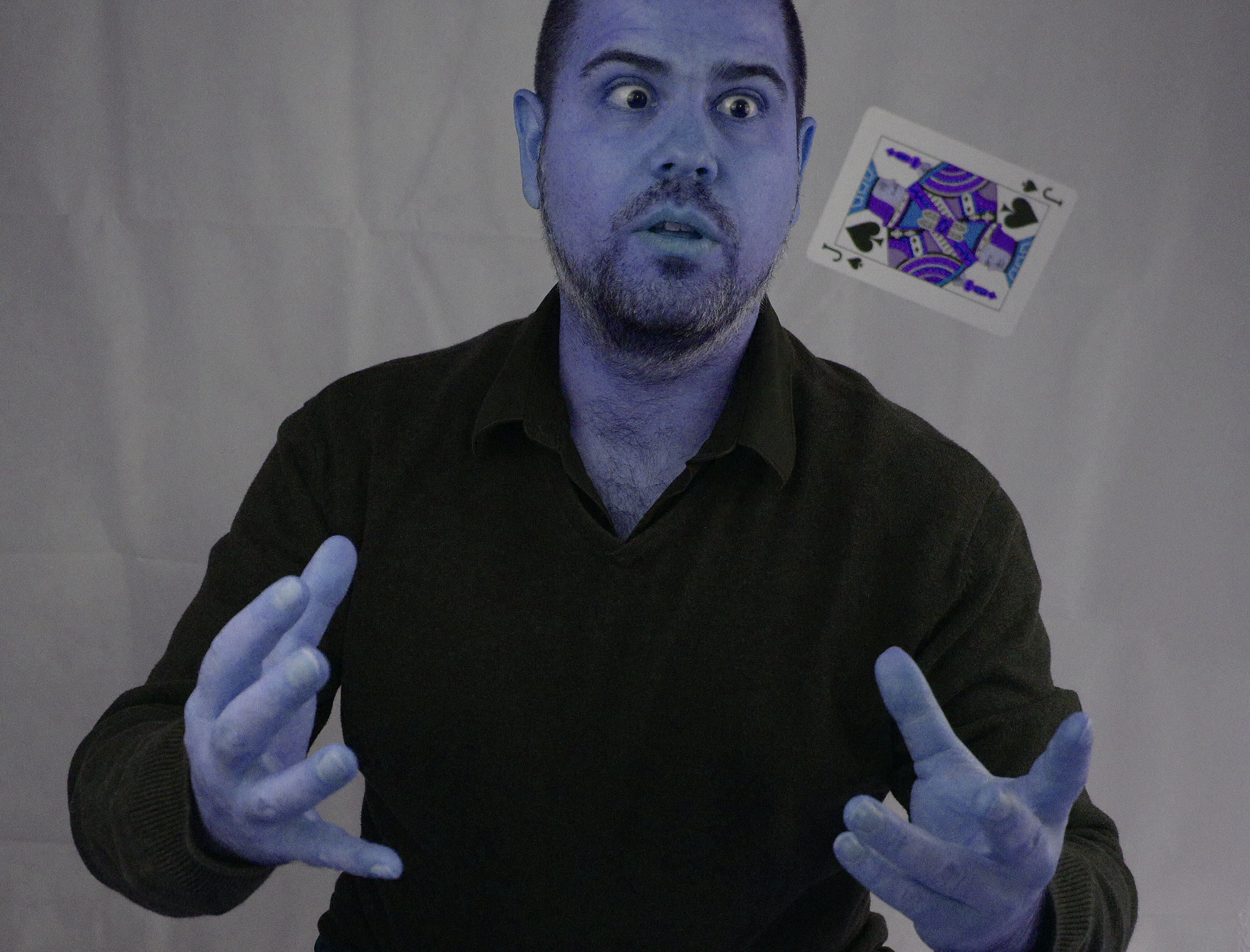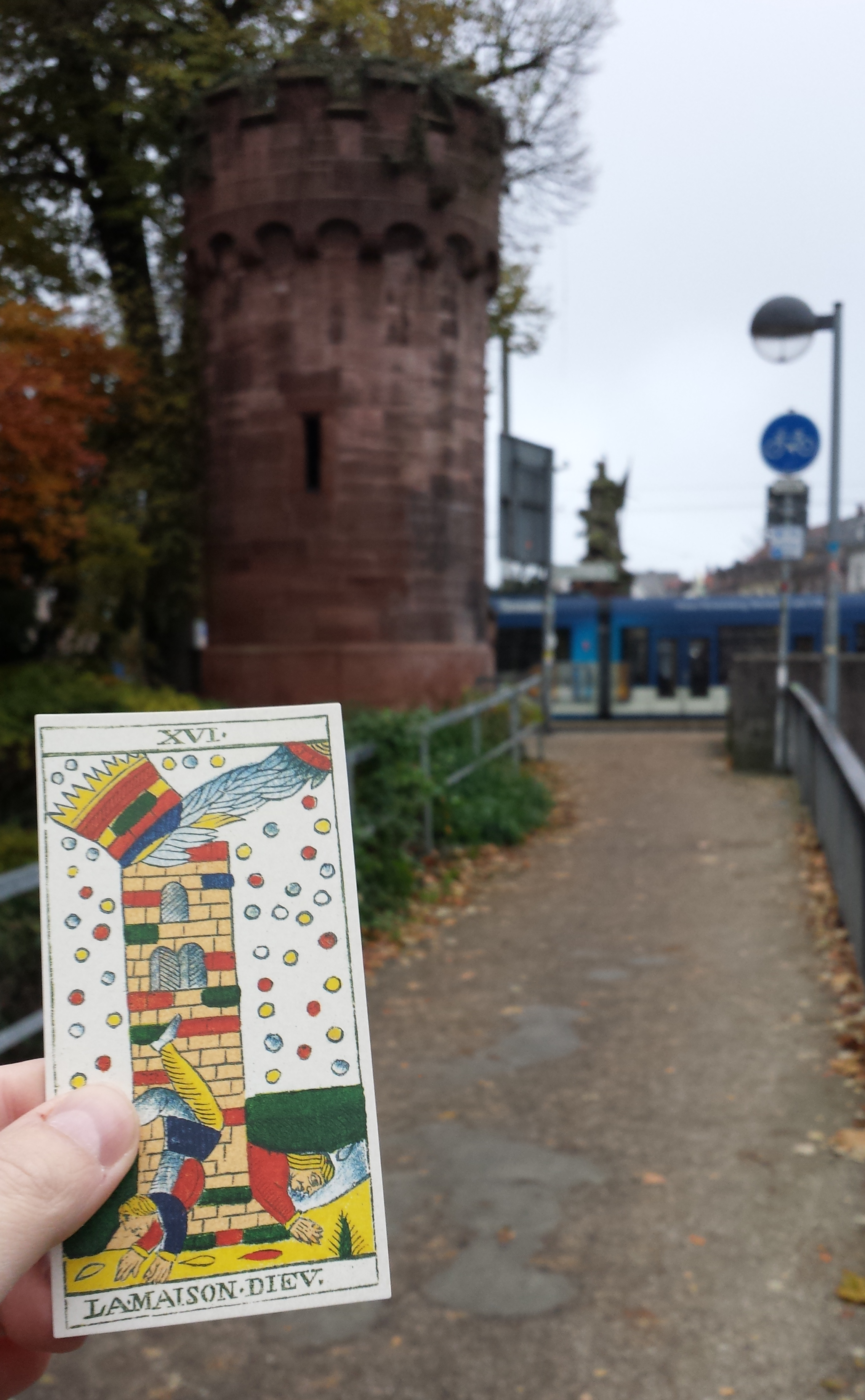A technique for doing things unnoticed
 The so called Sapir-Whorf-Hypothesis, stating that language shapes thinking, has been in the curricula of many frehsmen studying linguistics a long time. It may be considered a paradigm for hypotheses that never have been formulated positively by their inventors (let me coin the notion „non-positive hypothesis“ for this) and constantly have been victimized in attempts to substantiate it. I won´t go into details for Sapir-Whorf here as some basic aspects can be found in Ekkehard Malotki´s book „Hopi Time: A Linguistic Analysis of the Temporal Concepts in the Hopi Language.“ 1983.
The so called Sapir-Whorf-Hypothesis, stating that language shapes thinking, has been in the curricula of many frehsmen studying linguistics a long time. It may be considered a paradigm for hypotheses that never have been formulated positively by their inventors (let me coin the notion „non-positive hypothesis“ for this) and constantly have been victimized in attempts to substantiate it. I won´t go into details for Sapir-Whorf here as some basic aspects can be found in Ekkehard Malotki´s book „Hopi Time: A Linguistic Analysis of the Temporal Concepts in the Hopi Language.“ 1983.
Neither do I tend to scandalize the history of linguistics at this point.
But, today the Sapir-Whorf-Hypothesis is an ongoing subject-matter for intellectually gifted scholars to reconnoiter empirically solid aspects of an originally earthshaking thought. However, research referring to non-positive hypotheses frequently gets absorbed too much into its academic controversy, i.e. historical and sociological factors, loosing the overall picture. In practice of popular science, results targeting the Sapir-Whorf-Hypothesis constantly get pushed into the ecclesiastical hights of a lackluster discussion, e.g. about translatability (cf. the results of Lera Boroditsky and their reception in the scientific community).
We are simply unable to grasp what is inapprehensible and does not affect us.
But as the conscious human being that you are, you may have experienced the distinct difficulty for humans to capture extraordinary situations yourself already: If we don´t have labels consciously available in unusual situations (e.g. „car accident“, „emergency“) and we are not affected individually (no triggering of fight and flight responses etc.), no routines will be activated (e.g. getting help), provided the incident is short enough and the whole situation is framed as normal again. We are simply unable to grasp what is inapprehensible and does not affect (e.g. upset) us. It is a gap between perception and thought, found in results of social psychology as well as in the phase model of behavior modification according to Konrad Lorenz.
Hence it is possible to render events -even yourself- invisible for any possible observer present at a given time, provided you have knowledge of mood and experience of those present.
That is why Carl von Clausewitz urged to train in every expectable situation before a campaign starts. But a creative mind will always find something that hasn´t surfaced yet.

